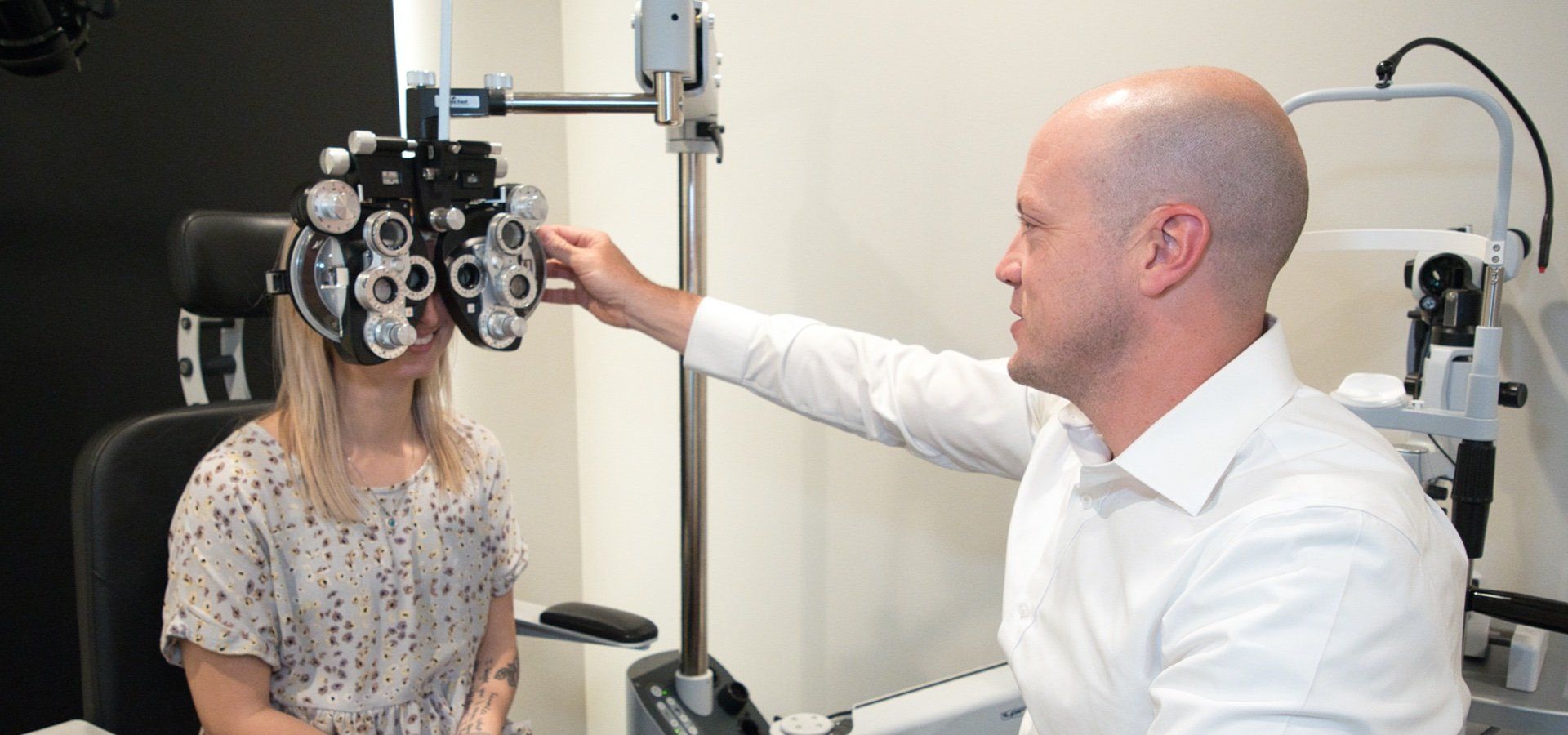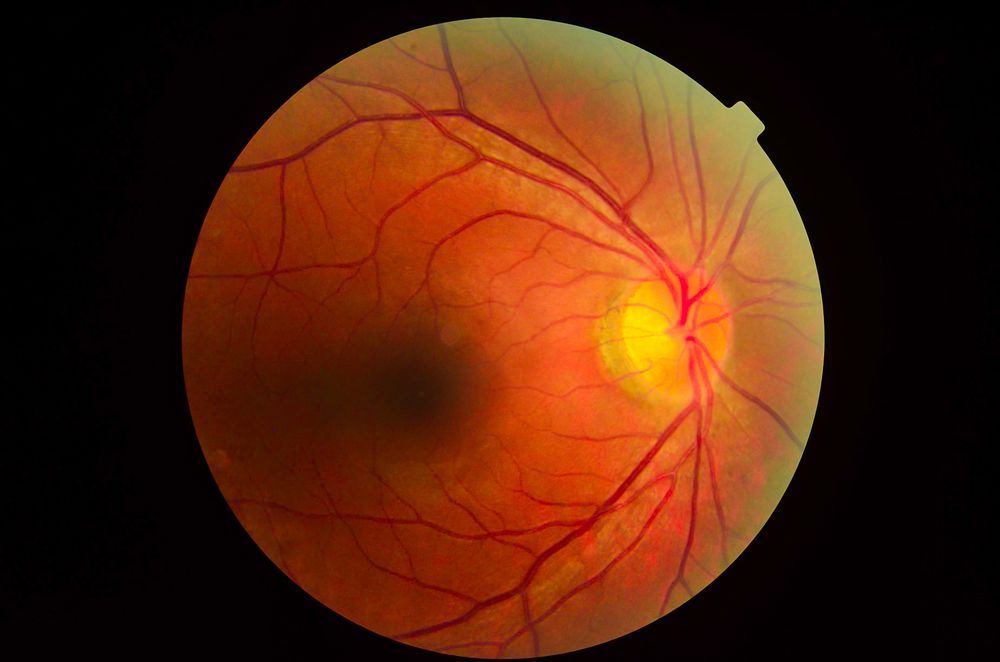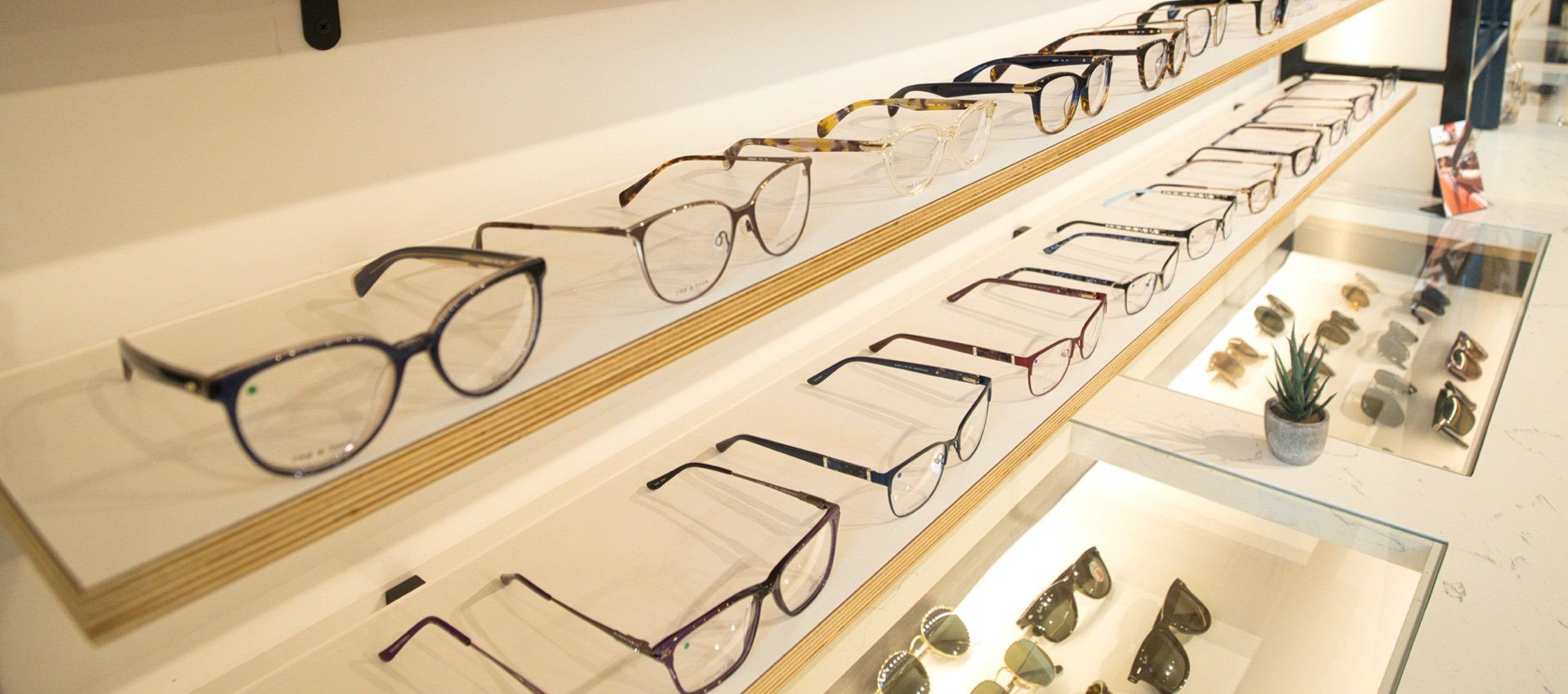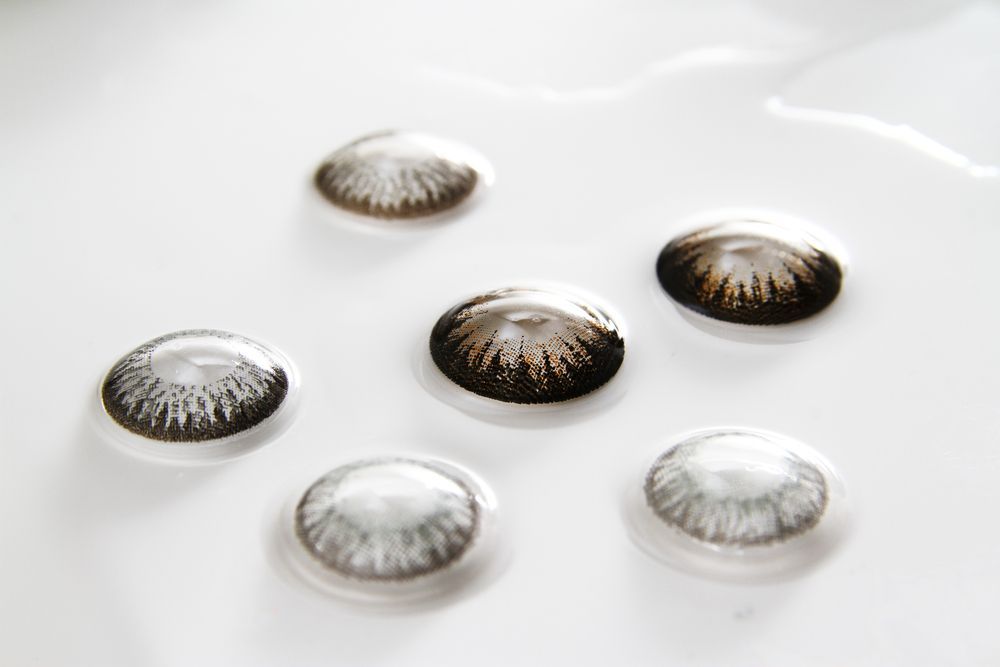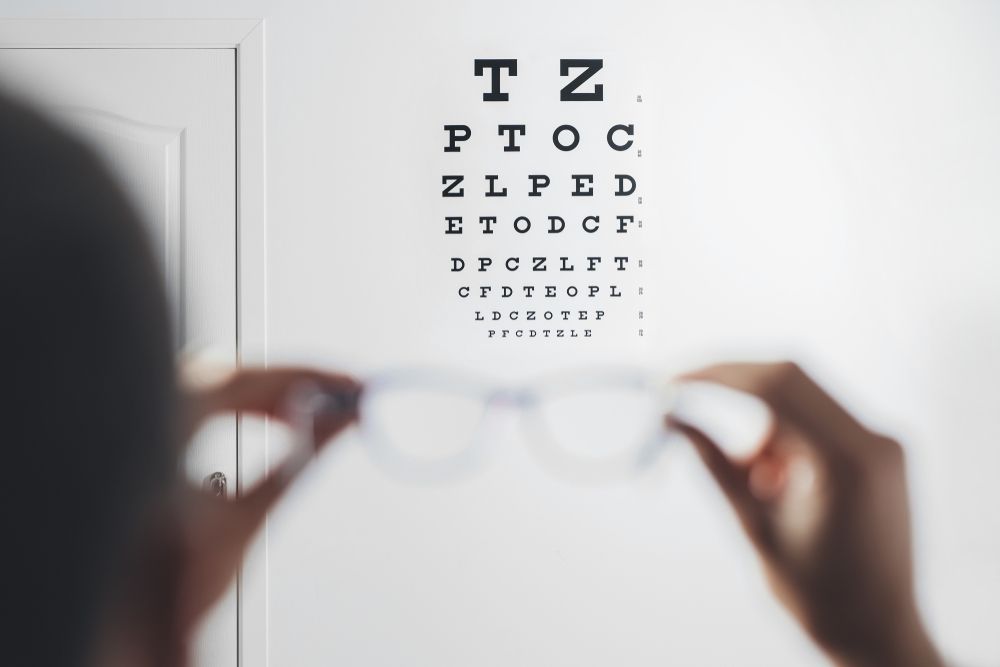It’s spring in Oklahoma, and for many of us, that signals the start of warmer days, blossoming flowers, and unfortunately, the onset of seasonal allergies. These allergies, while common, can transform the beauty of seasonal changes into a period of discomfort and irritation.
Understanding Seasonal Eye Allergies
Seasonal eye allergies, or allergic conjunctivitis, are the eyes' response to airborne allergens such as pollen, mold, and dust. These allergens prompt the immune system to release histamines, which, in turn, cause the symptoms many find debilitating. Key symptoms include:
- Itchy Eyes: This symptom can be intense, often described as an almost uncontrollable urge to rub the eyes.
- Redness: Allergic reactions can cause the blood vessels in the eyes to enlarge, leading to a noticeable redness.
- Watery Eyes: In an attempt to flush out allergens, eyes may produce an excess of tears, leading to watery eyes.
- Swollen Eyelids: Eyelids may become swollen due to the inflammatory response to allergens.
- Sensitivity to Light: Some individuals may find themselves more sensitive to light during peak allergy seasons.
Modern Approaches to Treatment and Management
The good news is that there are more ways than ever to manage seasonal eye allergies. Here’s a look at some effective strategies:
Medical Interventions
- Advanced Antihistamine Eye Drops: These drops are formulated to offer quick relief from itchy and red eyes by inhibiting the action of histamines.
- Mast Cell Stabilizer Drops: Acting preventatively, these drops help stop the release of histamines before they can cause inflammation. Many OTC drops contain both an antihistamine and mast cell stabilizers. Examples include Zaditor, Alaway and Pataday.
- Prescription Steroid Eye Drops: For severe cases, these drops can reduce inflammation and provide relief from persistent symptoms.
- Targeted Oral Antihistamines: New formulations aim to minimize side effects like dry eyes while offering systemic allergy relief.
Lifestyle Adjustments and Home Remedies
- Cold Compresses: Applying a cold, damp cloth to your closed eyelids can provide immediate relief from itching and swelling.
- Avoid Allergens: Stay indoors on windy days when pollen counts are high, and keep windows closed during peak allergy season.
- Use Air Filters: High-efficiency particulate air (HEPA) filters in your home can help remove allergens from the air.
- Wear Sunglasses Outdoors: Large sunglasses can help shield your eyes from allergens and reduce symptoms.
- Maintain Good Eyelid Hygiene: Gently cleaning your eyelids with baby shampoo or prescribed solutions can help remove allergens and prevent symptoms.
When to See Your Optometrist
If you're experiencing persistent eye discomfort or if over-the-counter solutions aren't bringing you relief, it's time to visit your optometrist. At Blake Bush Family Eye Care, we can provide a tailored treatment plan that may include prescription medications or further advice on managing your symptoms. Additionally, it's crucial to rule out other conditions that could mimic allergy symptoms, such as infections or dry eye syndrome.
Seasonal eye allergies can be more than just a nuisance; they can impact your quality of life. By understanding the symptoms and exploring both medical treatments and home remedies, you can find relief and enjoy the beauty of the changing seasons. Remember, we are here to help you navigate through these challenges and ensure that your eyes remain healthy and comfortable all year round.



